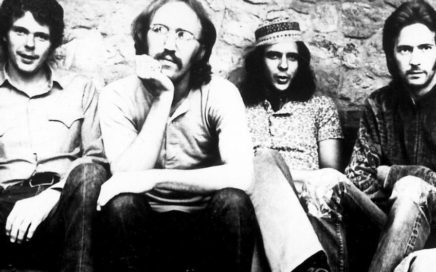
Minor Verse to Major Chorus in a Unique Way: “Don’t Stand So Close to Me”
If you like studying the chord progressions used in your favourite songs, you’ll know that a minor key verse leading to a major key chorus is pretty common. But most of the time, that minor key will be what’s called the relative minor of the major key that follows. Trying to get a handle on writing […]














